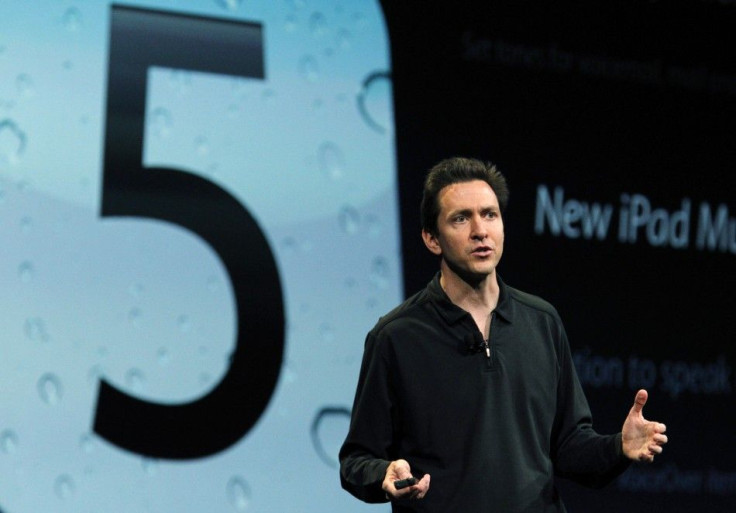Carrier says LTE iPhone 5 will arrive this year: Will it?

In the high seas of iPhone 5 arrival uncertainty, the United Arab Emirates (UAE) appears to be a raft of hope and certitude!
While the rest of the world knoweth not when the next generation iPhone will arrive, and Apple is as tight-lipped a s ever about its product launch, UAE wireless carrier Etisalat has claimed the network will launch the LTE iPhone 5 this year.
Yes, we are in talks with most smartphone manufacturers including Apple on the rollout of the 4G handset, iPhone 5 later this year, Etisalat spokesman Ali Al Ahmad told local media over the weekend.
As the first telecom organisation to roll out the 4G network, LTE, in the Middle East, we have already started talking to them for the handsets and chipsets in them, he added.
So what Etisalat is talking about is a 4G-enabled iPhone 5 from Apple. The consensus among tech observers is that an LTE iPhone 5 will arrive only in June/July next year.
LTE, or Long Term Evolution, is the latest standard in the mobile network technology and is a project of the 3rd Generation Partnership Project (3GPP). Most mobile carriers in the world have plans to convert their networks into LTE, or 4G as it is often called. The current generation of mobile telecommunication networks are known as 3G or third generation.
The world's first publicly available LTE-service was opened by TeliaSonera in Stockholm and Oslo in December 2009, according to Wikipedia.
So, as Etisalat is aiming to become the first middle eastern mobile carrier to roll out 4G, will they do it on the iPhone? Or is the musing just a thumb sucker? Or an effort to grab some yeballs?
Tech website Register was skeptical about the chances of Etisalat getting the 4G iPhone 5 this year. If they really wanted to roll out the latest iPhone, Apple would offer them an option of either GSM or CDMA, it says.
There are some factors that the industry sees will prevent Apple from rolling out its LTE handset this year. First is chipset supply issues and the second is worldwide lacunae in the implementation of the LTE network, which is seen as the standard for mobile communications in future.
Qualcomm is the supplier of LTE chips and they have been facing yield problems of late. It has been widely reported that Apple was unhappy with the first generation LTE chipsets that make bulkier phones. Analysts have said an iPhone-friendly LTE chipset could come only in 2012.
The extra bulk of phones like the HTC Thunderbolt and Samsung Droid Charge is necessary because they need a discrete chipset just for 4G data and a second, 3G chipset to handle calls and regular data, Electronista said in a report, analysing why first generation LTE chipsets aren't Apple's choice.
Apple's stand-in CEO Tim Cook had said in April that the first generation LTE chipsets forced a lot of design compromises with the handset and that the company was not willing to make those compromises.
© Copyright IBTimes 2024. All rights reserved.











